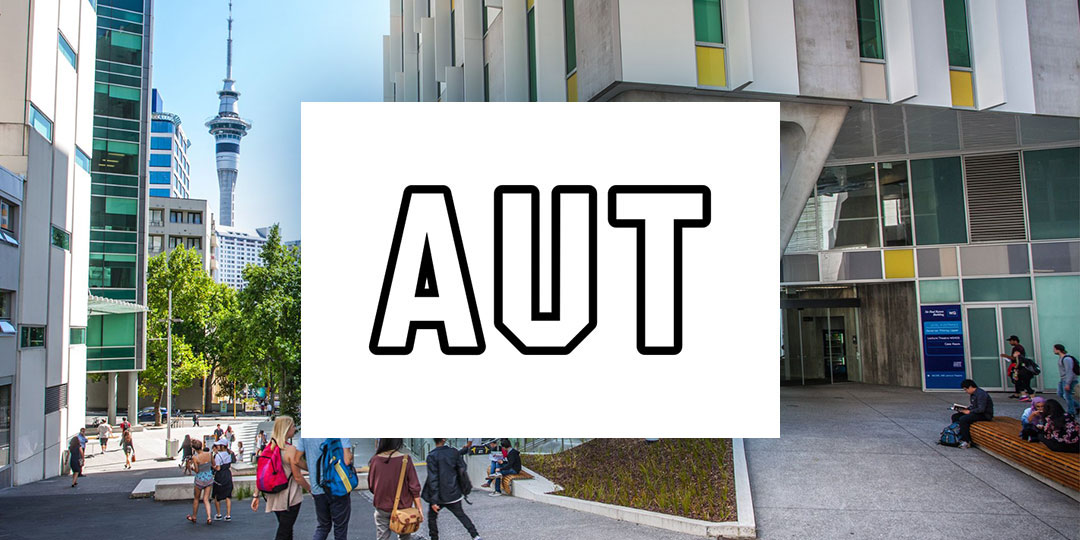“HUNGERBALL® is not a lesson. It’s a neutralising space that is fun. It’s escapism and intergenerational.”
– Dr Richard Wright, AUT’s School of Sport and Recreation
We know when something makes us feel good, but it can be challenging to quantify how good and to put a value on that goodness. For example, swimming in the cold ocean with equally brave friends can make us feel good: anticipating the cold-induced rush, building the fortitude to jump in, and talking about the success with like-minded buddies.
Measuring the impact of jumping in the cold water requires understanding the social return on investment (SROI). How did the activity help the participants improve something else in their lives? Did it increase their desire to be more physically active and reduce the risk of health conditions caused by sedentary lifestyles?
Andu Iordache, co-founder of HUNGERBALL®, has always thought that high-intensity games help players in other aspects of their lives, but he wanted to be able to provide stakeholders with evidence. In 2018, Andu began talking about SROI with Dr Richard Wright from AUT’s School of Sport and Recreation. Richard is interested in lifestyle entrepreneurs and says Andu is a good example – developing a fantastic product (HUNGERBALL®) and building a career from his passion.
Richard knew Sport New Zealand was looking at SROI, as was Dr Larissa Davies in the UK and Australia. Research has been done on the social return on investment in Tasmanian youth justice programs. Social Ventures Australia Limited says, “It [SROI] not only tells the story of how change is being created – it places a monetary value on that change and compares it against the costs to achieve it.”
Richard asked Andu if he thought there could be some value for HUNGERBALL® to have independent research investigating the game’s SROI. During the COVID years, Andu and Richard discussed the framework of the research project built on former HUNGERBALL® research conducted by the University of Auckland.
How the AUT SROI research was conducted with HUNGERBALL®
With a strong understanding of stakeholder analysis, Richard built up a group of possible interviewees. Andu supplied his contacts, but Richard needed to find people outside Andu’s HUNGERBALL® network. He used social media to independently find as many New Zealanders as possible who had some engagement with HUNGERBALL®.
During the first data collection stage, the anonymous respondents all said the same thing. Richard went to other stakeholders to test the results, which overwhelmingly concurred with the first group.
The following image captures the common words shared during the first data collection process, some of which provide a platform for stage two. The larger the word, the more often it is featured in the conversations.
HUNGERBALL®™ was one of the most used words found in the transcripts. The other commonly used words were: activity, engagement, fun, inclusion, play, physical, positive and social.

How SROI research can take HUNGERBALL® further
Richard recognises New Zealand organisations and social enterprises that are dependent on philanthropic funding are accountable and must produce outcome reports. Often these are little more than the number of participants and how long they were engaged. He is interested in the enrichment an activity or event provides, for example, could HUNGERBALL® reduce school truancy rates?
“School has to be fun, and children want to engage, play and see their friends,” says Richard. “We all learn best when we enjoy what we are doing and then kids will want to go to school.”
Could HUNGERBALL® be an active maths experience or incorporated into the way children learn about language?
“HUNGERBALL® is not a lesson. It’s a neutralising space that is fun. It’s escapism and intergenerational. I like it when I see HUNGERBALL® in the community because then Mum or Dad, or Nan and Pop can have a go.”
If they are the decision makers in the whānau and they know children have fun playing HUNGERBALL® and they can use it as motivation to get youngsters off to school.
AUT’s SROI research validated what Andu was thinking – that there is greater potential for enrichment if HUNGERBALL® stays at schools for longer periods of time, so children have more exposure to the game.
The AUT report The power of play! A critical assessment of the social indicators & outcomes of HUNGERBALL®™ (Hia Pōro) is about half of several stages researching the SROI of HUNGERBALL® and Richard is interested in understanding how far HUNGERBALL® can go to improving overall educational outcomes.
“HUNGERBALL® is a tool for education, creating different games for learning, social integration and social change. People and funding organisations have to see it to believe it.”







